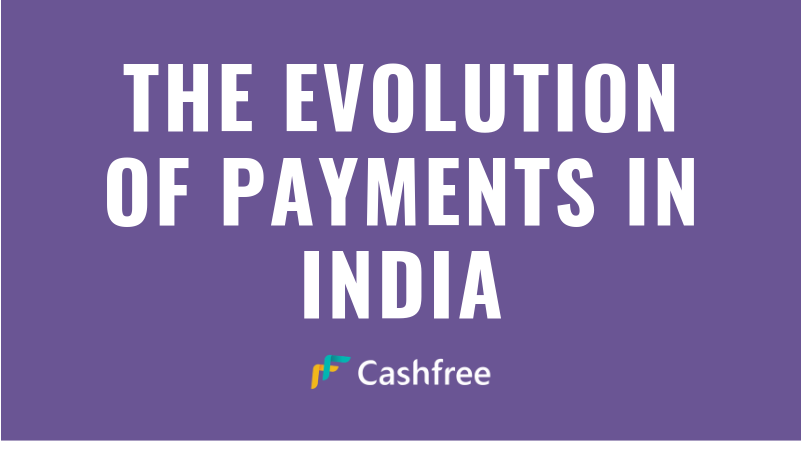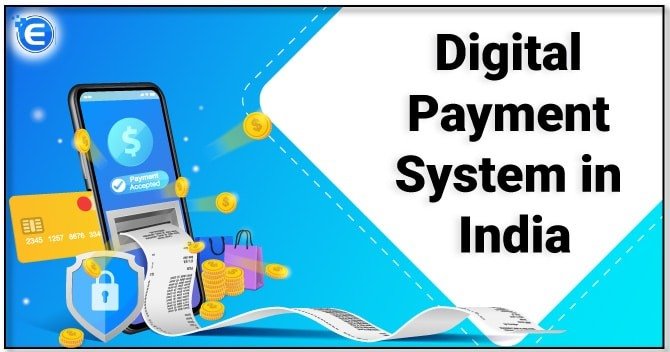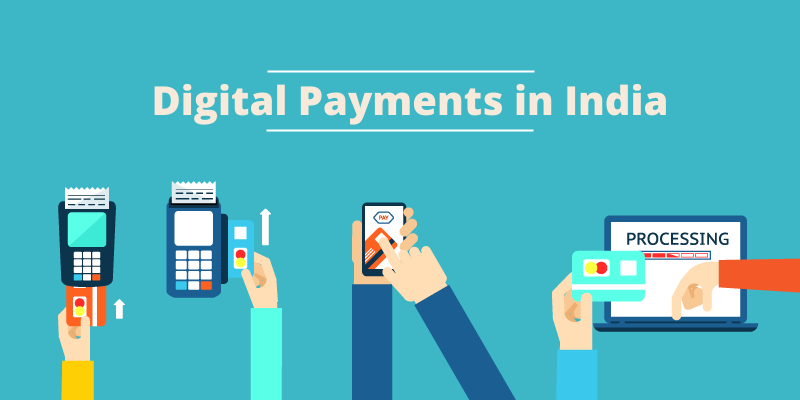AUTHOR : AYAKA SHAIKH
DATE:1/03/2024
Payment Processors and Digital Applications in India
Introduction to Payment Processors
In recent years, India has witnessed a significant surge in digital transactions, fueled by the widespread adoption of smartphones and the internet. As a result, the demand for efficient payment processing solutions has skyrocketed. Payment processors play a crucial role in facilitating seamless transactions between merchants and consumers in the digital realm. Payment Processors And Digital Applications In India
Evolution of Digital Applications in India
India’s digital landscape has undergone a remarkable transformation, thanks to advancements in technology and government initiatives like Digital India. From online shopping and bill payments to booking travel tickets and ordering food, digital applications have become an integral part of everyday life for millions of Indians. Payment Processors And Digital Applications In India
Evolution of Payment Processors in India

India has witnessed a remarkable transformation in its payment ecosystem, transitioning from cash-based transactions to digital payments. The emergence of payment processors has played a pivotal role in this evolution, offering users a convenient and secure way to transact online. Key milestones in this journey include the introduction of the Unified Payments Interface (UPI), the implementation of Aadhaar-enabled payments, and the rise of mobile wallets.
Popular Payment Processors in India
Several payment processors have gained prominence in the Indian market, catering to diverse user needs. Platforms such as Paytm, PhonePe, Google Pay, and BHIM UPI have emerged as frontrunners, offering a wide range of services, including peer-to-peer transfers, bill payments, and online shopping.
Advantages of Digital Payment Processors
The proliferation of digital payment processors[1] has ushered in a host of benefits for both consumers and businesses. These include unparalleled convenience, enhanced security measures, and greater accessibility, especially for users in remote areas.
Challenges and Solutions
Despite the numerous advantages, digital payment processors face certain challenges, such as connectivity issues, security concerns, and regulatory hurdles. To address these challenges, stakeholders must collaborate to develop robust solutions that ensure the integrity and reliability of the payment ecosystem[2].
Impact of Digital Payment Processors on the Indian Economy

The widespread adoption of digital payment processors has had a transformative impact on the Indian economy. By promoting financial inclusion, fostering a cashless economy, and bolstering e-commerce activities, these platforms have become indispensable drivers of growth and development.
Future Trends and Innovations
Looking ahead, the future of payment processors in India[3] is characterized by innovation and integration with emerging technologies such as artificial intelligence and blockchain. Moreover, expanding the scope of services and enhancing the user experience will be pivotal in sustaining growth and competitiveness.
Case Studies
Examining the success stories of businesses that have embraced digital payment processors provides valuable insights into their impact and effectiveness. From small retailers to large enterprises, businesses across various sectors have experienced significant benefits from adopting digital payment solutions[4]. Case studies highlight the challenges faced, strategies implemented, and outcomes achieved, serving as inspiration for others navigating the digital payment landscape.
Consumer Adoption and Behavior
Understanding consumer behavior is crucial for the widespread adoption of digital payment processors. Factors such as convenience, security, and incentives influence consumers’ preferences and usage patterns. As consumers become more tech-savvy and accustomed to digital transactions, the adoption of payment[5] processors is expected to rise further, driving market growth and innovation.

Government Initiatives and Policies
The Indian government has been proactive in promoting digital payments as part of its broader agenda for financial inclusion and economic development. Initiatives such as Digital India, the Jan Dhan Yojana, and the Pradhan Mantri Jan-Dhan Yojana have laid the foundation for a robust digital infrastructure and incentivized the adoption of digital payment solutions. Additionally, regulatory policies ensure the security and integrity of digital transactions, instilling trust among users and businesses alike.
Security Measures
Ensuring the security of digital transactions is paramount to the success of payment processors. Robust security measures, including encryption, tokenization, and biometric authentication, safeguard sensitive information and protect users from fraud. Furthermore, continuous monitoring and updates to security protocols mitigate evolving risks and vulnerabilities, fostering trust and confidence in the digital payment ecosystem.

Partnerships and Collaborations
Collaborations between payment processors, banks, and other stakeholders are essential for driving innovation and expanding the reach of digital payments. Partnerships enable interoperability between different platforms, seamless integration with existing banking infrastructure, and the development of new services to meet evolving consumer needs. By leveraging each other’s strengths and resources, stakeholders can collectively advance the adoption and usability of digital payment solutions.
Role of Payment Processors in Financial Inclusion
One of the most significant impacts of digital payment processors is their role in promoting financial inclusion. By extending access to financial services to underserved populations, including rural communities and low-income households, payment processors empower individuals to participate in the formal economy and improve their livelihoods. Furthermore, the digitization of financial transactions reduces reliance on cash, enhancing transparency and accountability in financial transactions.
Global Comparison
Comparing payment processors in India with those in other countries provides valuable insights into best practices, challenges, and opportunities. While each market may have unique characteristics and regulatory frameworks, there are valuable lessons to be learned from global experiences. Cross-border collaborations and knowledge-sharing initiatives facilitate innovation and drive continuous improvement in the digital payment ecosystem.
Conclusion
In conclusion, payment processors play a vital role in shaping the digital landscape of India. As the country continues its journey toward a cashless economy, these platforms will serve as catalysts for innovation, inclusion, and economic progress.
FAQs:
- Are digital payment processors safe to use?
- Yes, digital payment processors employ advanced security measures such as encryption and two-factor authentication to safeguard user information.
- Can I use multiple payment processors simultaneously?
- Yes, many users opt to use multiple payment processors to take advantage of different features and promotions.
- What are the fees associated with digital payment processors?
- Fees vary depending on the platform and the type of transaction. Some transactions may incur a small fee, while others may be free of charge.
- How do digital payment processors contribute to financial inclusion?
- By offering accessible and user-friendly services, digital payment processors enable individuals without access to traditional banking services to participate in the formal financial system.
- What measures can I take to protect my account from fraud?
- It is advisable to regularly update passwords, enable notifications for account activity, and refrain from sharing sensitive information with third parties.

